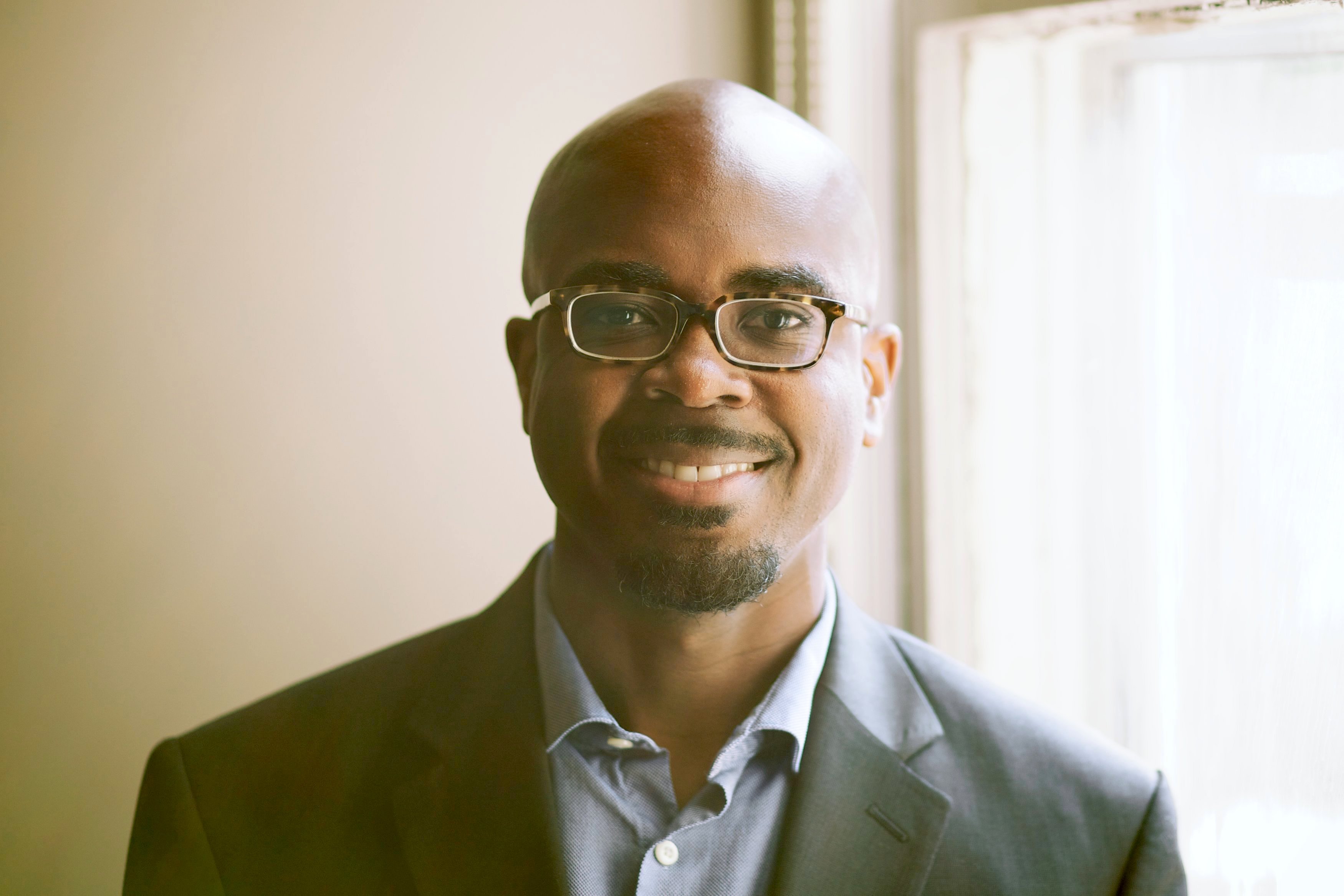Faculty Spotlight: Ravi Howard, Assistant Professor of English
Ravi Howard is an assistant professor in the Department of English, part of Florida State University’s College of Arts and Sciences.

Tell us a little about your background.
I am a creative writing professor and the author of two novels that examine moments in African American history in Alabama. “Like Trees, Walking” retells the 1981 lynching of Michael Donald, and “Driving the King” reimagines the Alabama origins of Nat King Cole.
I was born in Montgomery, Alabama, and my childhood environment continues to inform my work. I read about moments in black history, but I would also hear firsthand accounts by participants who played important but smaller roles. I’ve learned to crave the kind of oral history that can be overlooked when the history of black people in America is told too narrowly. I like the level of detail that novels and short stories offer, and I strive to develop characters and histories with a deep sense of placemaking.
When did you first become interested in creative writing and African American narratives?
When I lived in Montgomery, I visited a local bookstore, Roots & Wings, that specialized in African American literature. The owners hosted events with Alice Walker, John Hope Franklin, Alex Haley and other writers. Black historical narratives and creative works were always an interest, but seeing books and writers featured in that way inspired much of what I do now.
What are your current research interests, and what makes you passionate about them?
I’m continuing my work on stories about the Alabama Gulf Coast. My family is from the area, and I am always looking for personal connections to the broader history of the area, ranging from the slave trade and Reconstruction through contemporary moments. I keep looking for the many connections between then and now. That work helps us all to see the historical underpinnings of contemporary injustices and racial bias.
What do you want the public to know about your research? Why is your topic important?
I am always fascinated by people who may have been anonymous or in the shadows of more famous historical figures. Those biographies can be the most interesting to a fiction writer. I try to use my work to recreate the everyday lives of people who lived in extraordinary times.
Who are your role models? Who has influenced you most in your life?
I’m a longtime fan of the writer Ernest J. Gaines, and I admire his ability to build different versions of Louisiana in each book. He builds the stage of the rural South and crafts voices with an expert ear.
During my research for “Driving the King,” I discovered the journalism work of Almena Lomax, who left Los Angeles to travel the South and write about the Civil Rights Movement. She has become a new favorite; she mixes her lived experience and beliefs into her writing.
What brought you to Florida State University? Why do you enjoy working at FSU?
The creative writing program was a strong draw, and I welcomed an opportunity to work here. Students here are encouraged to write across genres, and this shows their many voices as fiction writers, poets and essayists. Students can develop styles within and across forms, and that approach encourages more dynamic writing choices.
What is your favorite part of your job?
One of the highlights of teaching is seeing insightful peer exchanges among writers. Their years in the classroom and their social interactions at FSU can prepare them to interact with peers in their career fields.
Among the benefits of a strong program at a state university is that we draw students regionally and nationally. The idea of home has a range of meanings for them. It’s important for students to write with a sharp eye for the details of their characters’ homes and origin. So the technique is informed by identity and culture, and those are elements I try to encourage students to explore.
What is the most challenging part of your job?
In my reading and education, the stories and experiences of African Americans have been central. Students can often shy away from stories if they assume their cultural archive isn’t literary enough, not academic enough. They need the tools and confidence to build that space and to look for the influences that may be new to them.
We also deal with questions that can be uncomfortable, and I strive to find the safety, respect and insight necessary to build the trust a successful writing workshop requires.
How do you like to spend your free time?
Traveling has been a requirement for much of my research, but it’s also a personal passion. I enjoy the sense of return to familiar places, and I like to discover new ones. Both are helpful experiences to gauge when we think about building place on the page.
If your students only learned one thing from you (of course, hopefully they learn much more than that), what would you hope it to be?
Creative careers don’t have the traditional measures of many fields, so it can be difficult to see a path, but creative writers are everywhere, and the understanding of narratives and language is the key to insight and expression.

